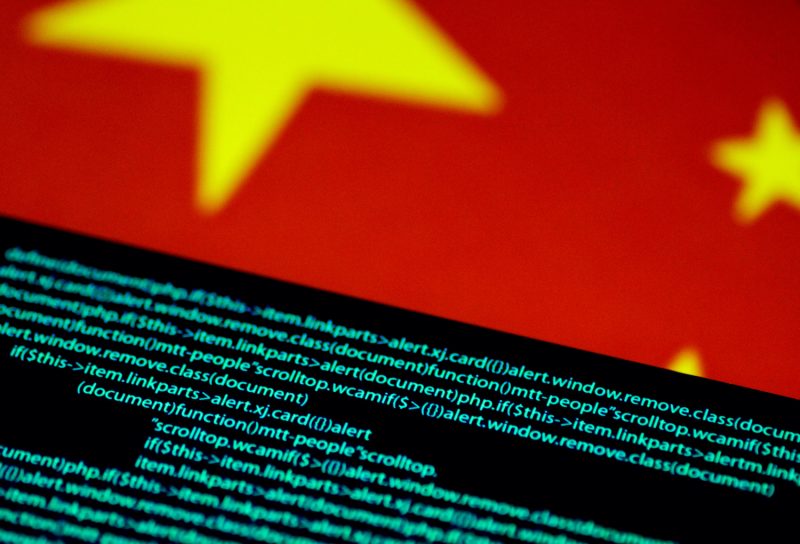China has passed a new anti-espionage law that will outlaw the transfer of any information it deems related to national security.
The legislation, approved on Wednesday, broadens its definition of spying, which now includes cyberattacks against state entities or critical information infrastructure.
All “documents, data, materials, and items related to national security and interests” are under the same protection as state secrets following the revisions, according to the full text of the revised law published by Xinhua late on Wednesday.
However, the revised law does not define what falls under China’s national security or interests. It allows authorities carrying out an anti-espionage investigation to gain access to data, electronic equipment, information on personal property and also to ban border crossings.
Analysts say a lack of clarity about the type of documents, data or materials that could be considered relevant to national security could pose serious legal risks to businesses or individuals such as academics trying to gain a better understanding of China.
ALSO SEE:
Micron Probe Fuels Fears of US Businesses in China
China’s top legislative body passed the revised Counter-Espionage Law – its first update since 2014 – following three days of deliberations. It will take effect from July 1, state media reported.
Raids on US firms unnerve foreign businesses
The move comes amid a flurry of raids on foreign businesses, which some suggest could be retaliatory action after the US and allies such as Japan and the Netherlands moved to restrict exports of advanced chipmaking equipment to China.
US consultancy giant Bain & Company confirmed on Thursday that Chinese police visited its office in Shanghai two weeks ago to question some of their staff, while confiscating some computers and phones. The group said it was cooperating but has not disclosed the reason for the probe.
Chinese authorities last month detained five local staff with the due diligence firm Mintz Group and shut down its Beijing office. A foreign ministry spokesperson said Mintz was “suspected of illegal business operations.”
And late in March, China’s cyberspace regulator said it would conduct a cybersecurity review of products sold by Micron Technology to “prevent hidden risks and safeguard national security.”
The American Chamber of Commerce in China said these events had had a chilling impact on US businesses in China.
“Our business community is spooked,” AmCham China’s Beijing president Michael Hart was quoted as saying by CNN. “The Chinese government has continuously said it welcomes foreign investment. However, a flurry of recent actions taken against US enterprises in China has sent the opposite message.”
International ties deteriorating
President Xi Jinping has made national security a key focus of his administration since taking office in 2012 and analysts say the revised anti-spying law are evidence of that stricter regime as suspicion of the United States and its allies grows.
“International relations continue to sour, suspicions continue to rise, and (there is) increased emphasis on national security and countering espionage,” Jeremy Daum, a senior fellow at Yale Law School’s Paul Tsai China Center, said.
The revisions “(adopt) both an expansive understanding of national security and emphasise the consideration of potential security risks in all areas”.
In recent years, China has detained dozens of Chinese and foreign nationals on suspicion of espionage, such as an executive at Japanese drugmaker Astellas Pharma who was detained in Beijing last month. Espionage cases are usually tried in secret due to their links to national security.
- Jim Pollard with Reuters
NOTE: The headline of this report was amended and further details added on April 27, 2023.
ALSO SEE:
China Seeking Ways to Take Out or Control Enemy Satellites
Russia Says China Agreed to Sell Weapons: US Leak – WaPo
China’s Low-Earth Satellites Push in Starlink Catch-Up Bid
























